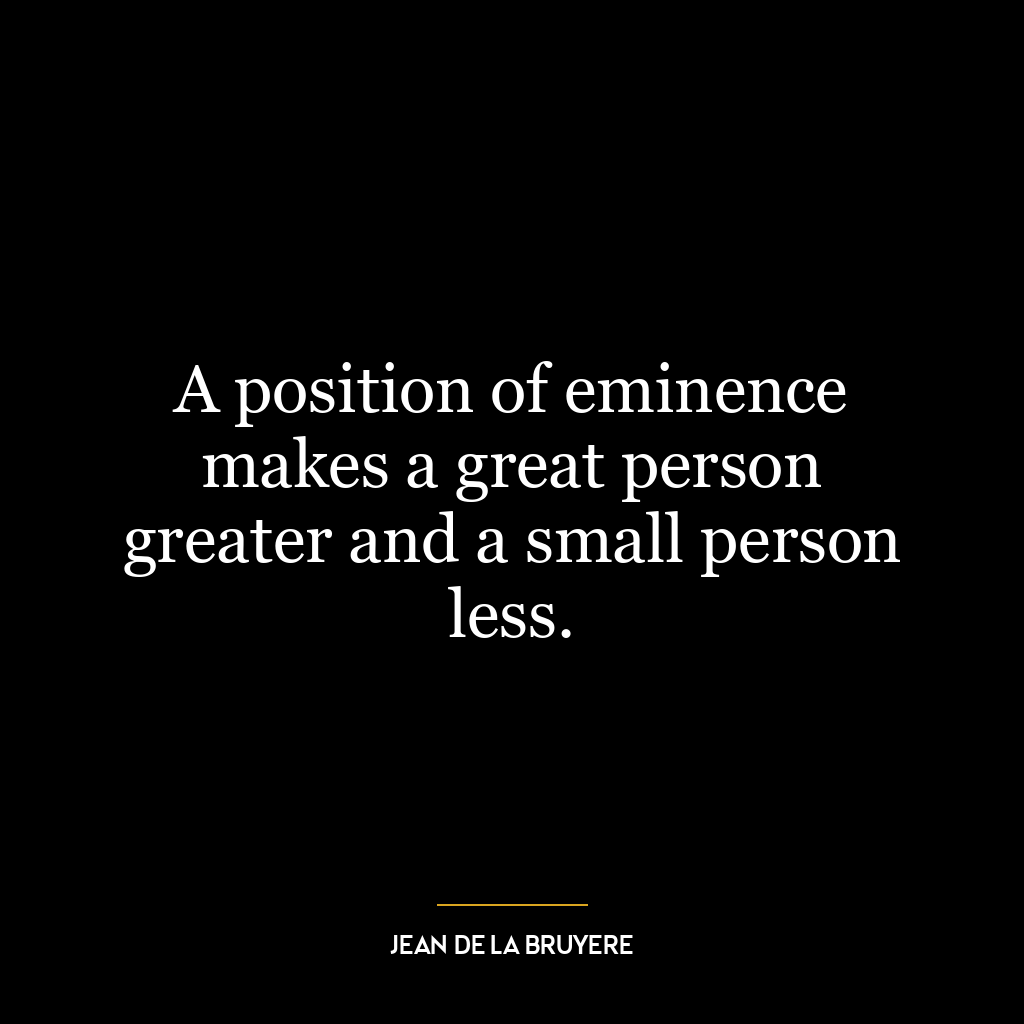He is a king who fears nothing, he is a king who desires nothing!
This quote emphasizes two key qualities of a true leader or “king”: fearlessness and contentment. Fearlessness, as the quote suggests, is not about being reckless or immune to fear, but about not letting fear control one’s actions and decisions. A king who fears nothing is able to make clear, unbiased decisions, unswayed by the potential risks and challenges that might instill fear.
The second part of the quote, “he is a king who desires nothing,” refers to the concept of contentment. This doesn’t mean a lack of ambition or drive, but rather a state of satisfaction with what one has and not being controlled by insatiable desires. A king who desires nothing is not easily swayed by greed or lust for power, making him a just and fair leader.
Applying these principles to today’s world or personal development, one can say that true leadership or success is not about accumulating wealth, power, or status, but about having the courage to face challenges head-on and the wisdom to appreciate what one already has. In personal development, this could mean striving for growth and improvement without being driven by fear or dissatisfaction. It encourages individuals to step out of their comfort zones, take risks, and make decisions not out of fear, but out of courage and conviction.
At the same time, it also encourages finding contentment in the present moment and not constantly chasing after unattainable desires. This could mean learning to appreciate one’s achievements, however small they may be, and finding satisfaction in one’s current circumstances while still striving for improvement. Such an approach can lead to a more balanced and fulfilling life.















